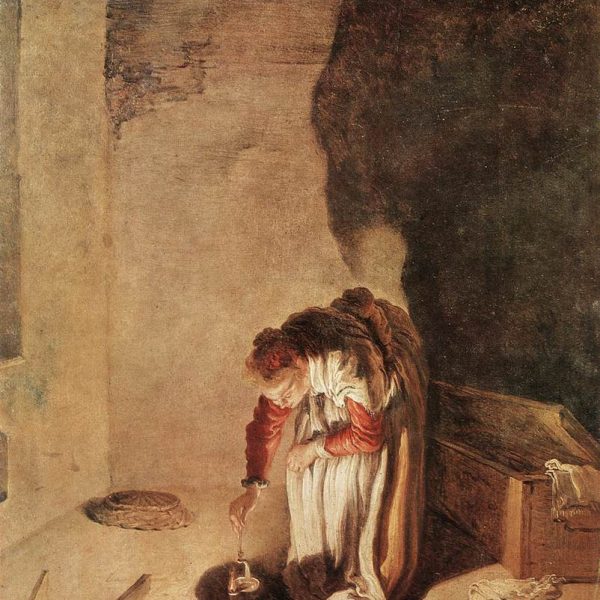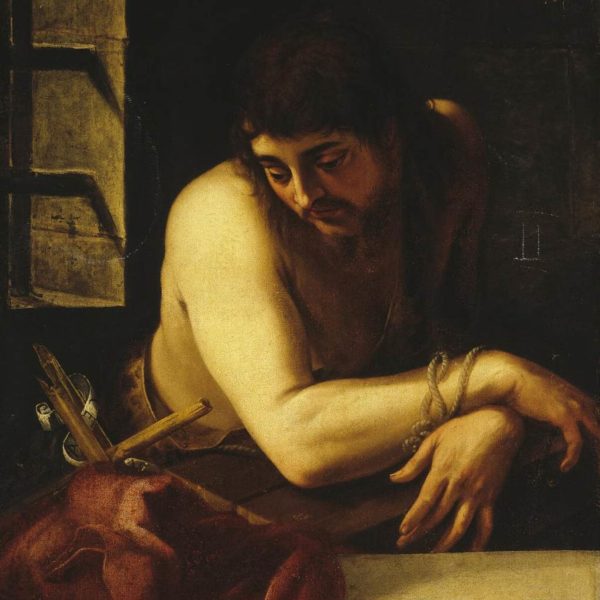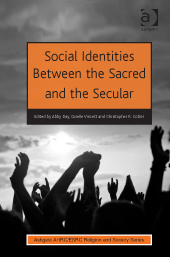
Just as Jacob’s encounter brought new beginnings and transformation for him, embracing our true identities can lead to a powerful ripple effect within our communities. By cultivating a culture of acceptance, understanding, and celebration of individual uniqueness, we can foster an environment where marginalised voices get uplifted and empowered.

The two stories of Luke 15:1–10, which we might call “parables of the remainder,” illustrate a core component of the Christian political orientation. That is, they highlight the alternative logic of much of the Judeo-Christian scriptures that urges us to foster solidarity in community through identification with the remainder, with the least of these, and to thereby bring justice and liberation.

Psalm 1 presents the reader with two, mutually exclusive categories of human existence: righteousness and wickedness. However, experience tells us that to be human is far more complex. Rather than simply embracing the psalm’s presentation of life, we might enter a dialogue instead, one wherein we consider what it might mean to be formed by attending to others rather than reifying our existing in-groups.





